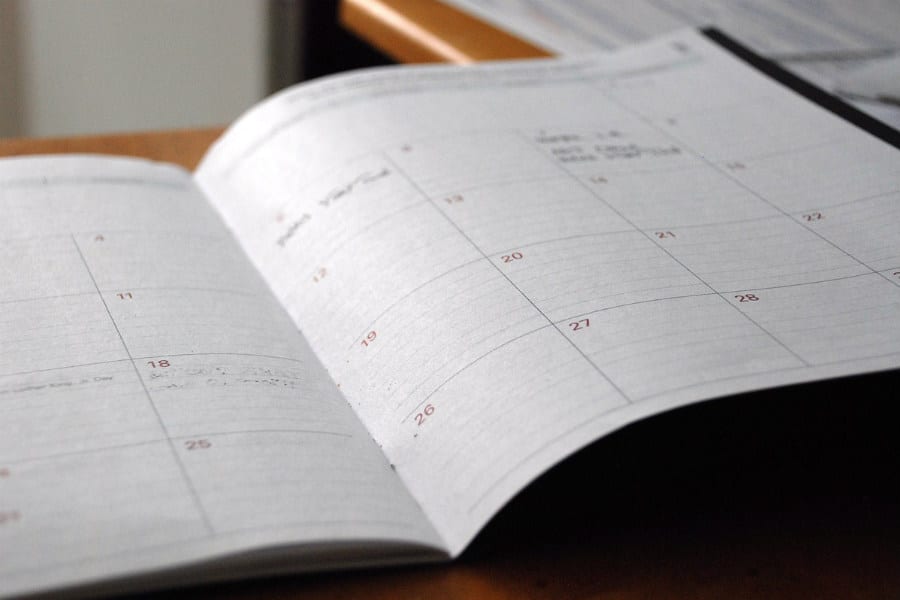- I’m too young for an estate plan
If you are legally an adult, you are old enough for an estate plan. The moment you turn 18, you are responsible for the management of your income, estate and healthcare. It is important that you put together an estate plan that establishes your wishes for your estate as well as your healthcare. If you were in a tragic car accident and needed important healthcare decisions made on your behalf, proper estate planning could establish your personal health representative. Without a plan, your future and important decision making will be determined by the courts and the state.
- I don’t have enough money to need an estate plan.
There isn’t a minimum amount of money needed to create an estate plan, and estate plans deal with much more than just money. Your estate plan can be used to nominate a healthcare representative and other important issues. If you have pets, you can use an estate plan to fund their care and dictate who will take them in the event of your incapacity or death. Estate plans can also help disburse the assets that you do have and can be particularly important for blended families. Life insurance may also be an important planning tool if you have minor children or anyone that financially depends on you. Estate plans are important for everyone, not just the wealthy.
- I don’t care what happens to my money after I die, so I don’t need a will.
You may not have a loved one that you want to bequeath your items to, but it is still a risky gamble to leave your estate planning up to the courts and the state. In the event you are incapacitated or die without an estate plan, the state will step in and follow state laws to nominate a healthcare representative or disburse your estate. When you die intestate, or without a will or trust, you are leaving everything up to your state laws. If your next of kin is someone that you dislike or distrust, it’s unlikely that he/she will deal with your estate as you would wish. If you don’t want to leave your estate to your family, create an estate plan that includes friends or your favorite charity. It is better to retain control of your choices than abdicate them to the courts or the state.
- I can set it and forget it.
Estate plans need maintenance. You should review your plan at least once a year. Life changes, sometimes unexpectedly. Love ones pass away, new family members are born, marriages and friendships are made and sometimes broken. Your estate plan needs to be updated and adjusted to reflect any of these life changes. If you simply create a plan and then leave it alone, you may wind up giving your estate to an ex-spouse. Or, a friend that you had a falling out with could be acting as your executor or worse, your healthcare representative. Estate plans need to be reviewed to make sure they are exactly what you want and that they are current and correct.
- Estate planning is for when I die.
Yes and no. A part of estate planning includes what happens when you die, but the entire plan is so much more. A proper estate plan includes financial provisions to care for your children or elderly parents. It also includes a healthcare component to make sure that someone is appointed to make decisions on your behalf in the event you are not able to do so for yourself. The benefits to estate planning far outweigh the work you have to put in, and a good plan does much more than just distribute your money when you die.
- I should avoid probate at all costs.
Probate serves a good purpose in some situations. If family members don’t get along, probate can be quite helpful. If your loved ones do well with timelines and external pressure to get things done, probate may also be a good option. Arizona has very streamlined procedures so probate does not need to be a big hassle or ridiculously expensive.
However, this is not the case in many other states. Percentages are taken out of estates elsewhere and paid to the courts and that state. If you own property in states other than Arizona, strongly consider a living trust, rather than trusting another state’s probate laws.
Work with an estate planning professional to determine which vehicle is truly best for your needs.
If you’re lost about what you might need in terms of estate planning, reach out to me. I’m happy to work with you on your unique circumstances and give you peace of mind about end-of-life decisions and what happens to your estate after you pass away.

